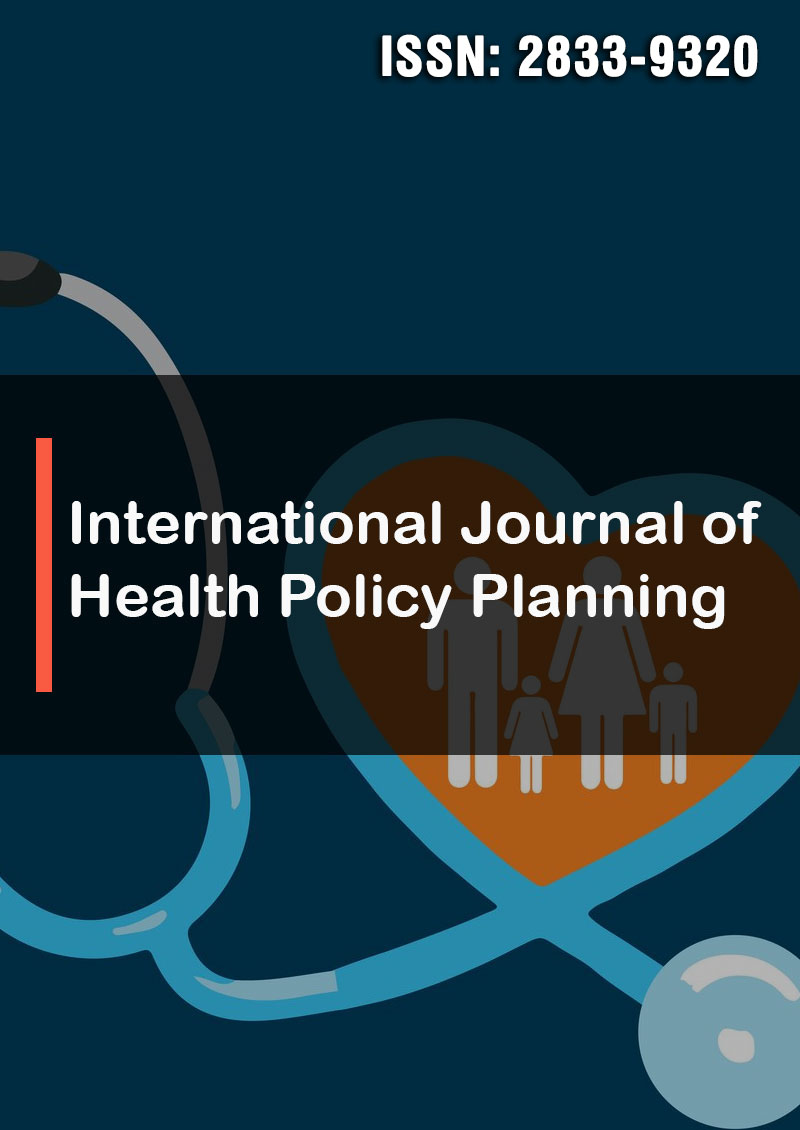A Cross-Sectional Study on Attitudes toward Dengue Prevention among Adults Aged 18 and above Living in Korail Slum, Dhaka, Bangladesh
Abstract
Anish Dhodari, Azzam Ali and Mokhtar Ashor
Dengue fever poses a significant public health challenge in urban slums, where environmental and socio-economic vulnerabilities amplify risks. This cross-sectional study investigates attitudes toward dengue prevention among 424 adults residing in Korail, a densely populated slum in Dhaka, Bangladesh. Data were collected using a structured questionnaire and analyzed to explore demographic, geographic, and socio-economic factors shaping preventive attitudes. Results revealed that 52.83% of participants demonstrated positive attitudes toward dengue prevention, but education, geographic location, and employment status were key determinants. Logistic regression showed participants with no formal education were 99.2% less likely to hold positive attitudes compared to those with graduate-level education (p < 0.01). Geographic disparities were stark, with residents of Beltola and Ershad Math significantly more likely to exhibit positive attitudes than those in Jamai Bazar (OR: 24.23 and 26.93, respectively, p < 0.001). While 71.71% of participants recognized dengue as preventable, misconceptions about its severity and adult vulnerability persisted. These findings underscore the urgent need for tailored educational campaigns and localized public health interventions to address knowledge gaps and foster community-driven prevention efforts. This study provides actionable insights for policymakers and public health practitioners aiming to reduce the burden of dengue in resource-limited urban settings.




